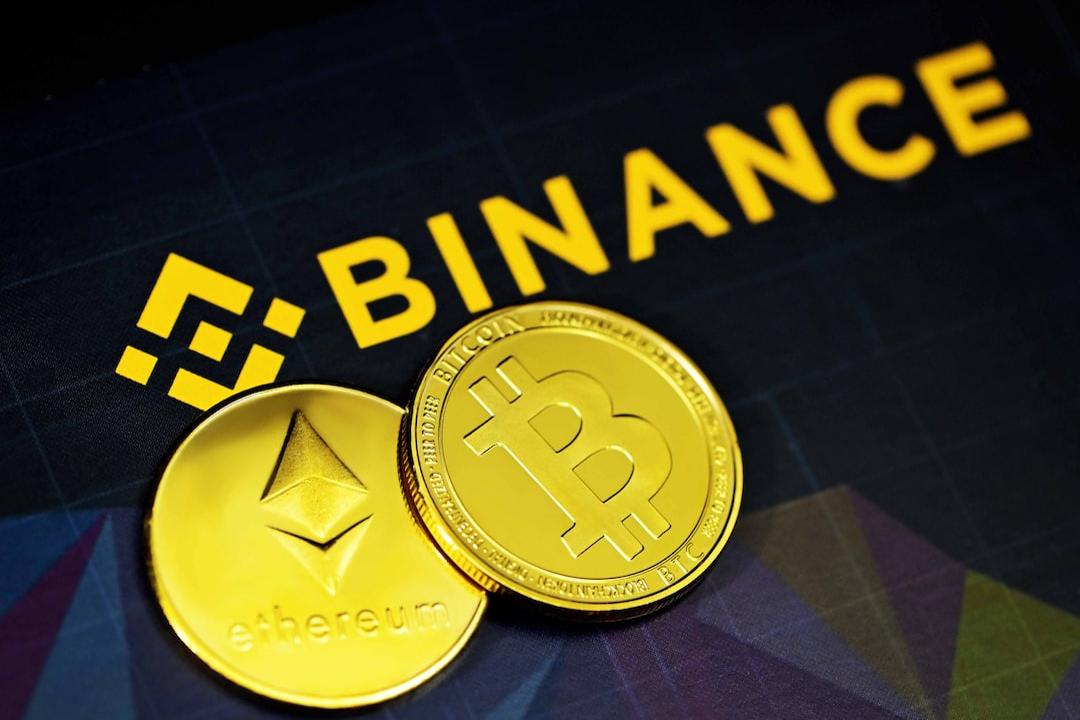In recent years, Taiwanese criminal organizations have been using encrypted currency for fraud and money laundering, tarnishing the reputation of the cryptocurrency industry. There have even been cases of well-known exchanges being involved in large-scale fraud, which is shocking. How much resources and effort has the Ministry of Justice devoted to protecting the public? How far has the investigation of cryptocurrency crimes progressed? We have invited Prosecutor Hong Minchao from the Northern District Prosecutors’ Office to reveal the level of importance the judiciary places on cryptocurrency crimes.
(Background:
The Ministry of Justice acknowledges the difficulty in catching individual OTC currency traders! Proposed amendment to impose a maximum sentence of 2 years for unregistered traders.
)
(Additional background:
Ironically, members of a fraud group have studied anti-money laundering at the Institute for Financial Research in Tainan, and the Tainan Prosecutors’ Office has prosecuted a fake currency trading group.
)
Table of Contents:
Fraud groups favor encryption: Money laundering with encrypted currency has become mainstream
The Ministry of Justice is not turning a blind eye! Vigorous expansion of the cryptocurrency investigation system
What do we think of the ACE Exchange’s responsible person being involved in fraud?
As cryptocurrency economics enters a practical stage, crime has also spread through blockchain, particularly fraud and illegal money flow using tokens on the chain. Is there really a loophole in the law? DYNAMIC invited Prosecutor Hong Minchao, who is at the forefront of cryptocurrency crime in Taiwan, to reveal what judicial personnel, who serve as gatekeepers, have done in terms of blockchain financial investigation and prevention of crime. How much resources has the judiciary allocated to fighting fraud and preventing crime?
Prosecutor Hong Minchao works at the Taipei District Prosecutors’ Office and is also an early participant in the cryptocurrency industry. With his familiarity with the cryptocurrency industry, he serves as a lecturer for the Financial Supervisory Commission, the Anti-Money Laundering Office of the Executive Yuan, and the Control Yuan, specializing in teaching cryptocurrency crime investigation and blockchain anti-money laundering information to judicial personnel. When it comes to the prevalence of cryptocurrency money laundering, he regretfully stated that “roughly 40% of illegal funds are laundered using cryptocurrency,” which is quite alarming.
In detailed explanations, it can be seen that in current fraud cases, roughly 30% of them involve luring victims to invest in or purchase cryptocurrencies to extract funds. The remaining fraud cases use other methods, and the stolen funds are later converted into cryptocurrencies. These cryptocurrency proceeds account for at least 40% of all fraud cases, with an estimated NT$3 billion hidden on the chain each year, using domestic and foreign exchanges, DeFi programs, and coin mixers for money laundering.
DYNAMIC has also learned from contact with other judicial personnel that cryptocurrency money laundering is prevalent in Taiwan, not only with fraud funds being converted into the most common USDT, but also with other crimes such as drug trafficking, illegal gambling, and bribery involving large sums of money, most of which are also laundered, disposed, and used to organize more crimes using cryptocurrencies.
Further reading:
Chairman of Hualien City Council “Poses as OTC Trader for Money Laundering” and Takes 8% Profit! Involved in Nationwide Fraud Money Flow
Prosecutor Hong mentioned that while cryptocurrency crime is rampant domestically, the subsequent decline in the legal network should not be overlooked. “We have been paying attention to cryptocurrency crime investigation for nearly a decade, and now our colleagues also try their best to learn about cryptocurrency knowledge and technology.” In other words, the Ministry of Justice has long been prepared for cryptocurrency investigations, but is hindered by the diversification of DeFi technology and the continuous emergence of new methods of money laundering on the chain. Implementing cryptocurrency investigations requires cooperation from well-intentioned private organizations and official bodies.
The prosecutor emphasized that Taiwan’s prosecutors, investigators from the Investigation Bureau, criminal police, and police officers are all enthusiastic about combating fraud and have comprehensive knowledge of cryptocurrencies. The district prosecutors’ offices across the country support each other in basic DeFi and money flow tracing. In terms of international judicial cooperation, Taiwan also makes efforts to cooperate with other countries in combating cryptocurrency money laundering.
From the perspective of multiple arrests of cryptocurrency criminals in Taiwan, Taiwan’s cryptocurrency investigations, which combine coin flow analysis with traditional investigations, are suitable for the different perspectives and expertise of the younger and newer generations in the Ministry of Justice, providing a more comprehensive view.
Turning to the unsatisfactory aspects in reality, judicial resources are limited. For the overall investigation and law enforcement departments, as the cryptocurrency industry and technology develop rapidly, there is definitely a need for education and experience exchange among relevant regulatory personnel, and there is still room for improvement in training time. Additionally, with the influx of a large number of cases, compared to the resources and internal education and training for general criminal cases, resources are still insufficient. This requires further allocation of official resources.
Previously, the founder of the ACE exchange, Pan Yizhang, and the new person in charge who later bought all the shares, Wang Chenhuan, were both arrested and denied visitation for their alleged involvement with a fraud group. Their method of operation was to sell tokens through token projects to victims for profit and have the exchange list the tokens to gain the trust of investors. Can such methods be prevented after the implementation of cryptocurrency regulations? Prosecutor Hong Minchao believes that this major crime serves as a good reminder for domestic VASPs.
Further reading:
ACE President Wang Chenhuan and three others suspected of garbage coin fraud, Northern District Prosecutors’ Office applies for a 2-month extension of detention
Regarding market makers in cryptocurrency exchanges, prosecutors also have their own opinions:
In addition, the prosecutor hopes that domestic VASPs can achieve the desired results in resource integration, such as establishing a wallet address database or creating a common fund to promote anti-money laundering and even compensate victims. These measures would have a positive impact on the cryptocurrency industry.

Related News
The Ministry of Justice acknowledges the difficulty in catching individual OTC currency traders! Proposed amendment to impose a maximum sentence of 2 years for unregistered traders.
Investigation Bureau of the Ministry of Justice: Cracking down on cryptocurrency fraud! Recently, 33 cases led to the seizure of illegal funds totaling NT$57.55 million.
From SBF to CZ, why are cryptocurrency exchange founders always accused of money laundering?


